Saunas have become increasingly popular as people seek ways to relax and improve their health at home. But when it comes to choosing between an outdoor sauna vs. an indoor sauna, many homeowners feel stuck. I've spent years researching and experiencing both types, and I'm here to help you make the right choice for your needs.
The decision between an outdoor sauna vs. an indoor sauna isn't just about where you put it. It's about the experience you want, the benefits you're after, and how it fits into your lifestyle and personal preferences. Let's dive into the pros and cons of each to help you decide which is best for you.
The Allure of Outdoor Saunas

There's something magical about stepping into a sauna surrounded by nature. The crisp air on your skin as you exit, the sound of leaves rustling in the breeze— it's a sauna experience that can't be replicated indoors. Outdoor saunas offer a unique connection to the natural world. They provide a retreat from the hustle and bustle of daily life, allowing you to truly disconnect and recharge.
Embracing Nature's Healing Power
When you combine the health benefits of saunas with the therapeutic effects of nature, you're in for a treat. Studies have shown that spending time in nature can lower stress levels and improve overall well-being. An outdoor sauna amplifies these benefits.
The contrast between the warm sauna and the cool outdoor air can invigorate your senses and boost circulation. It's like a mini-vacation in your own backyard. You'll also be able to easily access your sauna without even stepping foot in your house. Explore outdoor saunas at our store.
Design Flexibility and Space Considerations

One of the biggest advantages of outdoor saunas is the freedom they offer in terms of design and placement. You're not constrained by the limitations of your home's existing structure. Want a larger sauna that can accommodate more people? No problem.
Dreaming of a sauna with panoramic windows overlooking your garden? You got it. The sky's the limit when it comes to outdoor sauna designs, and you can add features such as glass doors that wouldn't work with traditional saunas that need to be inside.
Health Benefits in the Great Outdoors
While all saunas offer health benefits, outdoor saunas might have a slight edge. The fresh air and natural surroundings can enhance the respiratory benefits of sauna use. Plus, the act of stepping outside to use your sauna can increase your daily exposure to natural light.
This can help regulate your circadian rhythm and improve sleep quality. It also might encourage you to spend more time in nature overall.
The Convenience of Indoor Saunas

While outdoor saunas have their charm, indoor saunas offer unbeatable convenience. They're accessible year-round, regardless of weather conditions. No need to brave the elements or shovel snow to enjoy your sauna session.
Indoor saunas integrate seamlessly into your daily routine. Want to hop in for a quick session before work? Or unwind before bed? With an indoor sauna, it's as easy as walking into another room.
Year-Round Comfort and Accessibility
One of the biggest perks of an indoor sauna is its usability in all seasons. Rain, shine, or blizzard— your sauna is always ready when you are. This consistency can help you establish a regular sauna routine, maximizing the health benefits. Indoor saunas also offer enhanced privacy.
There's no need to worry about nosy neighbors or passersby. You can relax and detoxify in complete comfort and seclusion. With proper ventilation, you also won't have to worry about excess moisture in the sauna room.
Integration with Home Design

Indoor saunas can be beautifully integrated into your home's existing layout and decor. Whether you're converting a spare room or adding a sauna to your master bathroom, there are countless ways to make it blend seamlessly with your home's aesthetic. Modern indoor saunas come with a range of customizable features.
From built-in sound systems to chromotherapy lighting, you can create a truly personalized wellness oasis within your home. Just make sure you properly insulate it from the rest of the house.
Energy Efficiency and Maintenance
Indoor saunas tend to be more energy-efficient than their outdoor counterparts. They benefit from your home's existing insulation and climate control, which can reduce heating costs and warm-up time. Maintenance is often easier with indoor saunas too.
They're protected from the elements, which means less wear and tear over time. Plus, you don't have to worry about clearing snow or leaves from your sauna before use.
We also have sauna accessories range for both outdoor and indoor saunas.
Outdoor Sauna vs. Indoor Sauna: Installation Considerations
When deciding between an outdoor sauna vs. an indoor sauna, installation is a crucial factor to consider. Both options come with their own set of challenges and requirements. Deciding where your sauna is located is a big decision.
Outdoor Sauna Installation
Installing an outdoor sauna requires careful planning. You'll need to choose the right location, considering factors like privacy, accessibility, and proximity to utilities. A solid foundation is crucial for outdoor saunas.
Depending on your yard, you might need to pour a concrete slab or create a raised platform. This ensures stability and protects your sauna from ground moisture. Make sure the area around it is clear and easily accessible.
Weatherproofing is another important consideration for outdoor saunas. You'll need to choose materials that can withstand your local climate, whether that's harsh winters or hot, humid summers. You will also need to make sure you can run the proper electrical lines out to the structure.
Indoor Sauna Installation
Indoor sauna installation comes with its own set of challenges. The biggest hurdle is often finding the right space within your home. You'll need an area that's large enough for your sauna and has proper ventilation.
Structural modifications might be necessary when installing an indoor sauna. This could involve reinforcing floors to support the sauna's weight or adding electrical and plumbing connections. Be sure to choose the sauna design you want before you start making changes.
Proper ventilation is crucial for indoor saunas. You'll need to ensure there's adequate airflow to prevent moisture buildup in your home. This might require installing additional vents or fans to maintain air quality. Consider things such as whether the sauna has glass doors or not, as that could affect sauna ventilation. Also, you can read our guide if you are wondering about the cost of a 1 person sauna.
Maintenance and Upkeep: Outdoor vs. Indoor
Both outdoor and indoor saunas require regular maintenance to keep them in top condition. However, the specific tasks can differ depending on the sauna's location and how the sauna climate affects it. Strong winds could potentially cause damage to an outdoor sauna.
Outdoor Sauna Maintenance
Outdoor saunas face more exposure to the elements, which means more frequent maintenance. You'll need to regularly inspect the exterior for signs of weather damage and address any issues promptly. Pest control is another consideration for outdoor saunas.
Regular checks for insects or small animals that might try to make your sauna their home are essential. Make sure to check if this is covered by your homeowner's insurance policy.
Cleaning an outdoor sauna might require a bit more effort. You'll need to sweep away leaves, twigs, and other debris that can accumulate around the structure. You might also have to deal with things like bird droppings or spiderwebs more frequently.
Indoor Sauna Maintenance
Indoor saunas are generally easier to maintain due to their protected location. However, they still require regular cleaning to prevent the buildup of sweat and bacteria. Use cleaners that are safe for saunas.
Humidity control is crucial for indoor saunas. You'll need to ensure proper ventilation to prevent moisture-related issues in your home. Avoid using harsh chemical cleaners in your sauna, as they could damage the wood or be harmful to breathe in.
Regular inspections of electrical components and heating elements are important for both types of saunas but might be easier to manage with an indoor unit. Consider keeping a fire extinguisher nearby in case of emergencies. If you have decided on an outdoor sauna and still have doubts, read our comparison between outdoor sauna vs barrel saunas to be absolutely sure.
The Impact on Home Value
When considering an outdoor sauna vs. an indoor sauna, it's worth thinking about how each might affect your home's value. You might find that many homes in your zip code have one or the other.
Outdoor saunas can be an attractive feature for potential buyers, especially in areas where outdoor living is prized. They add a unique element to your property without taking up interior space. This is especially true if you have an unused space in your yard that you can add it to.
Indoor saunas, on the other hand, can be seen as a luxury addition to your home. They can make your property stand out in the real estate market, particularly if integrated well into the home's design. Prefabricated kits might be cheaper but may not add as much value as a custom-built option.
Making Your Choice: Outdoor Sauna vs. Indoor Sauna

Ultimately, the choice between an outdoor sauna vs. an indoor sauna comes down to your personal preferences, lifestyle, and available space. If you love being in nature and have the outdoor space to spare, an outdoor sauna might be perfect for you.
It offers a unique experience and can serve as a beautiful focal point in your yard. Think about what factors are most important to you when making your choice.
On the other hand, if convenience and year-round accessibility are your top priorities, an indoor sauna might be the way to go. It integrates seamlessly into your daily routine and offers privacy and comfort regardless of the weather.
Consider your climate, too. If you live in an area with harsh winters or scorching summers, an indoor sauna might be more practical. But if you enjoy mild weather year-round, an outdoor sauna could be a great choice.
Conclusion
The debate between outdoor sauna vs. an indoor sauna doesn't have a one-size-fits-all answer. Both options offer unique benefits and can significantly enhance your wellness routine. Whether you choose the nature-immersed experience of an outdoor sauna or the convenient luxury of an indoor sauna, you're making a great investment in your health and well-being. The key is to choose the option that best fits your lifestyle, space, and personal preferences.
Remember, the best sauna is the one you'll use regularly. So consider your daily routine, your available space, and what experience will bring you the most joy and relaxation. Happy sauna-ing.
Q: What are the pros and cons of indoor vs outdoor saunas?
A: Indoor saunas offer privacy and convenience, while outdoor saunas provide a more natural ambiance and the opportunity to cool off quickly in the fresh air.
Q: What is the difference between an indoor sauna and an outdoor sauna?
A: The main difference lies in the location and surroundings. Indoor saunas are typically built inside a home or a designated indoor space, whereas outdoor saunas are built outside, often in a backyard or garden.
Q: How do I choose between an indoor sauna and an outdoor sauna?
A: Consider factors such as your available space, desired ambiance, convenience, and whether you prefer to have easy access to the outdoors during sauna sessions.
Q: Can I build an indoor sauna in my home?
A: Yes, you can build a sauna indoors either by creating a customized sauna room or using a sauna kit designed for indoor use.
Q: What are the benefits of having an infrared sauna in an indoor space?
A: Infrared saunas are popular indoor sauna options as they provide gentle heat, are easy to install, and offer health benefits such as relaxation, detoxification, and pain relief.
Q: How do indoor saunas compare to outdoor saunas in terms of the authentic sauna experience?
A: While outdoor saunas may provide a more authentic ambiance with the sights and sounds of nature, indoor saunas can still offer a relaxing and soothing sauna experience within the comfort of your home.
Q: How can I make an informed decision when choosing between an indoor or outdoor sauna?
A: Researching the features, benefits, and considerations of each type of sauna, as well as assessing your personal preferences and lifestyle, will help you determine which option is the right fit for you.


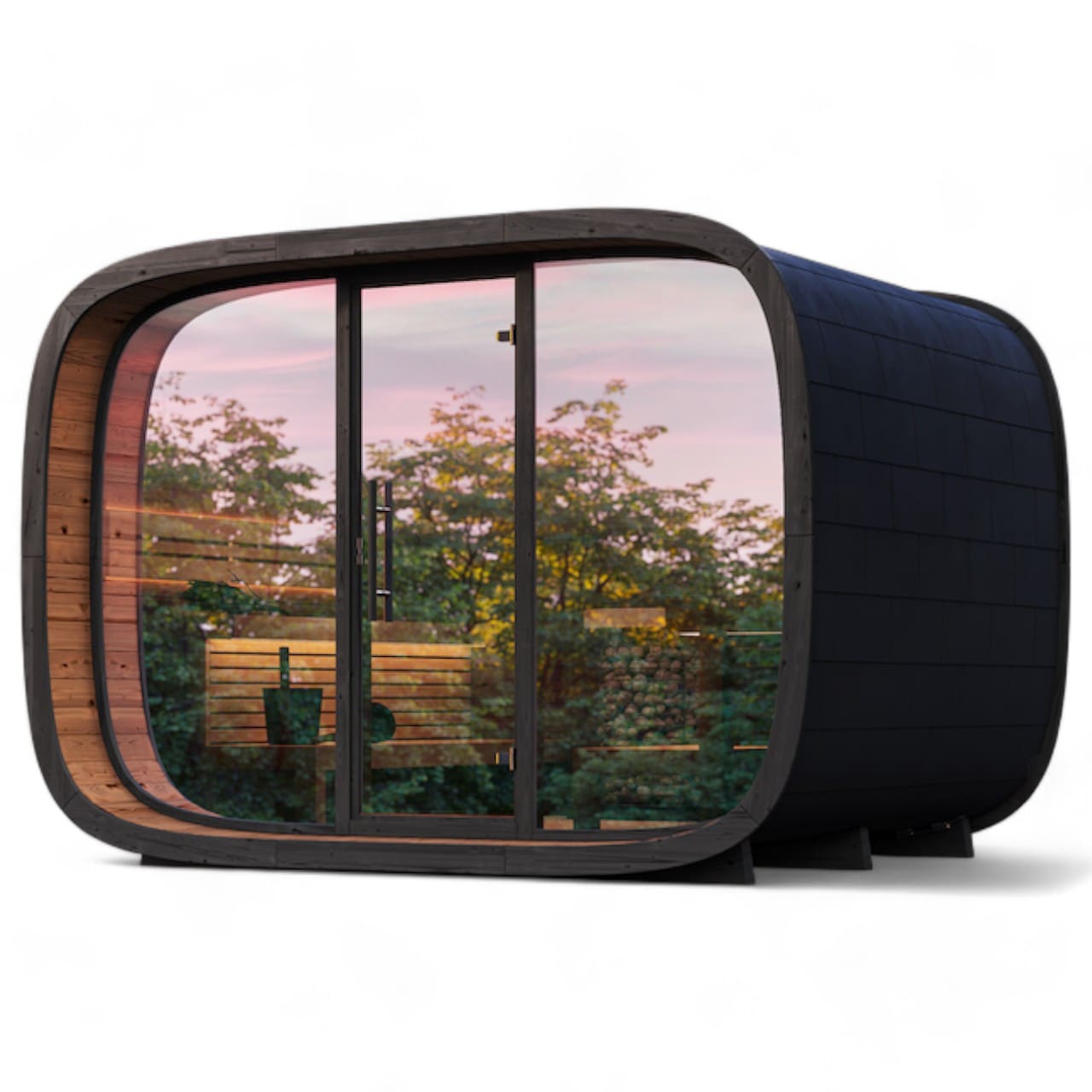
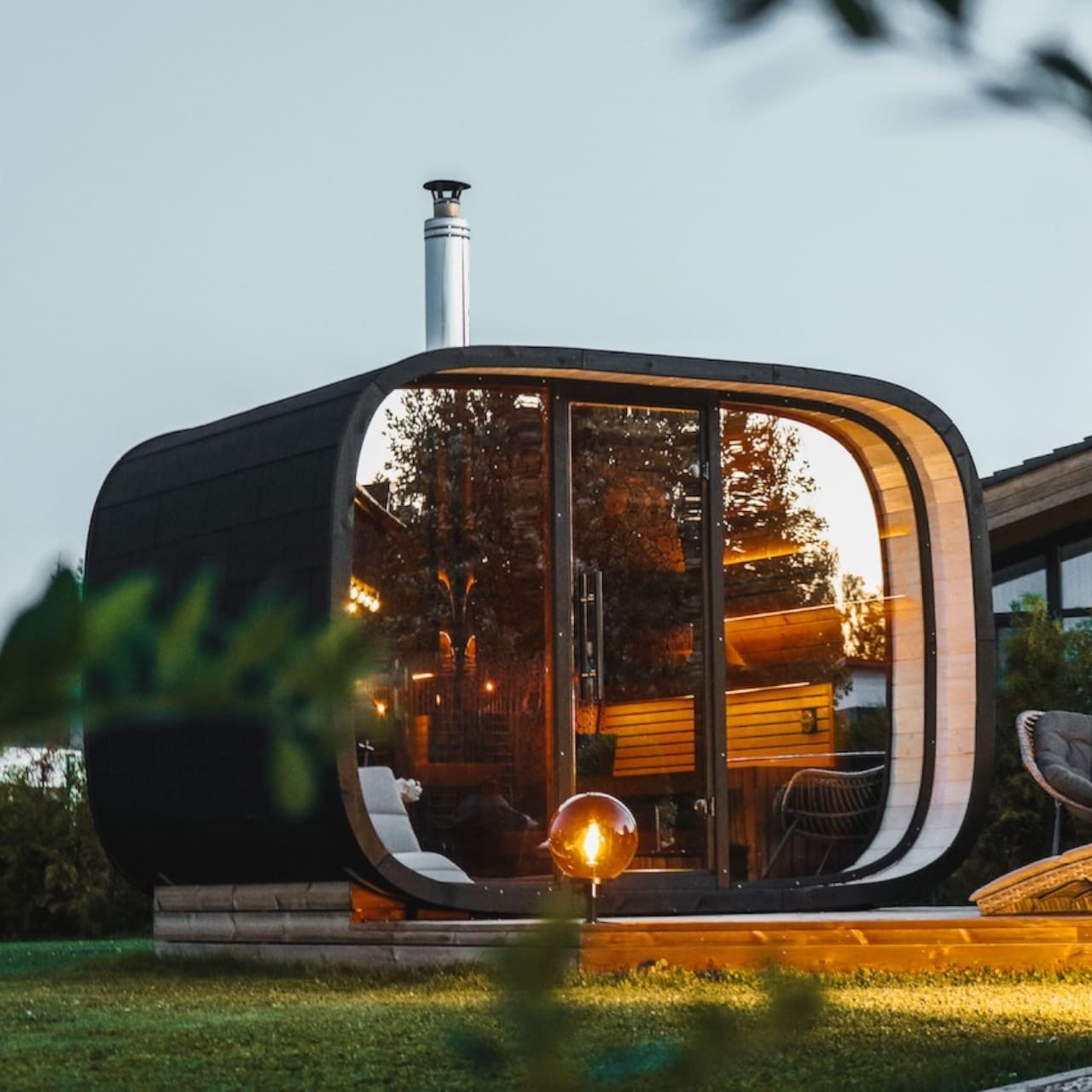


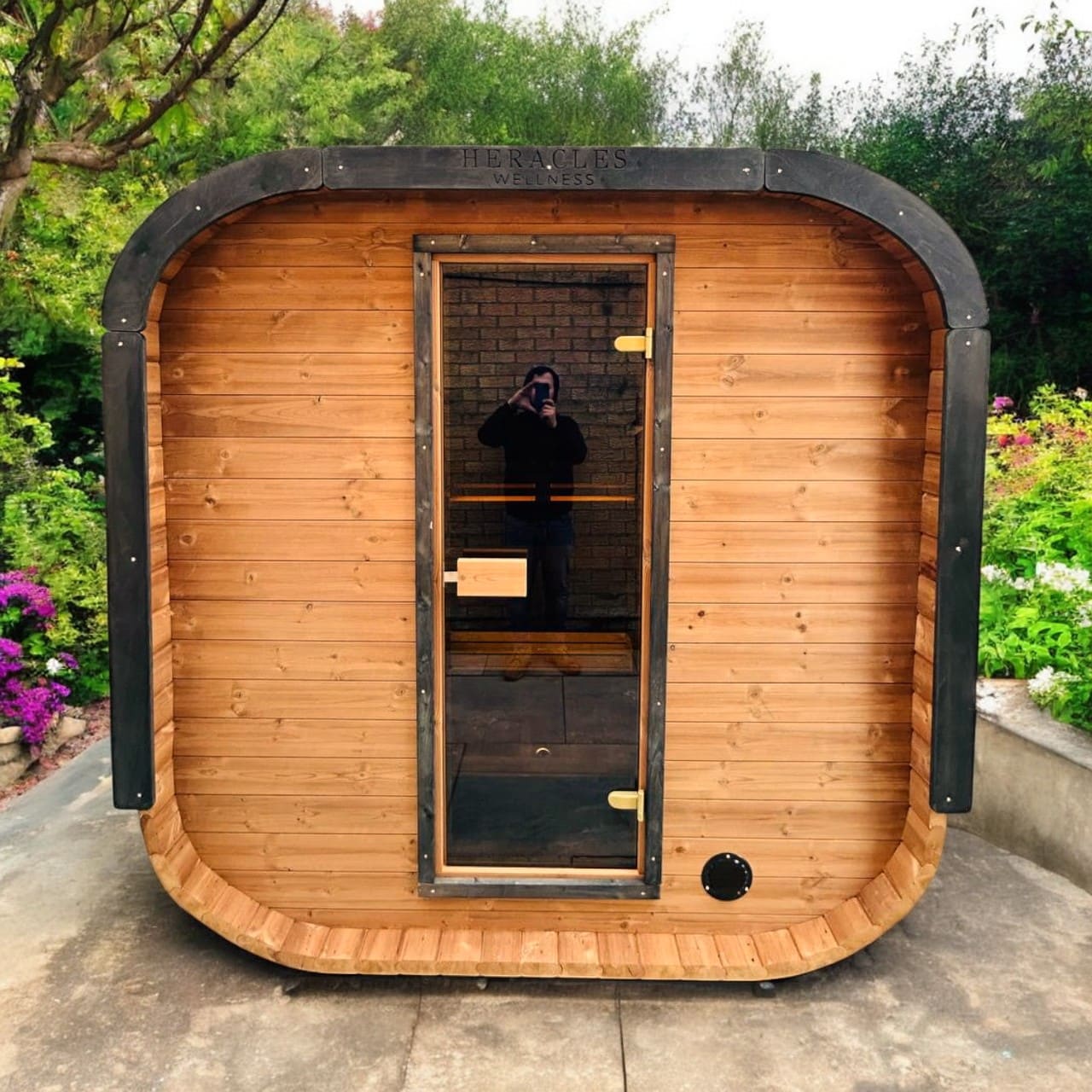
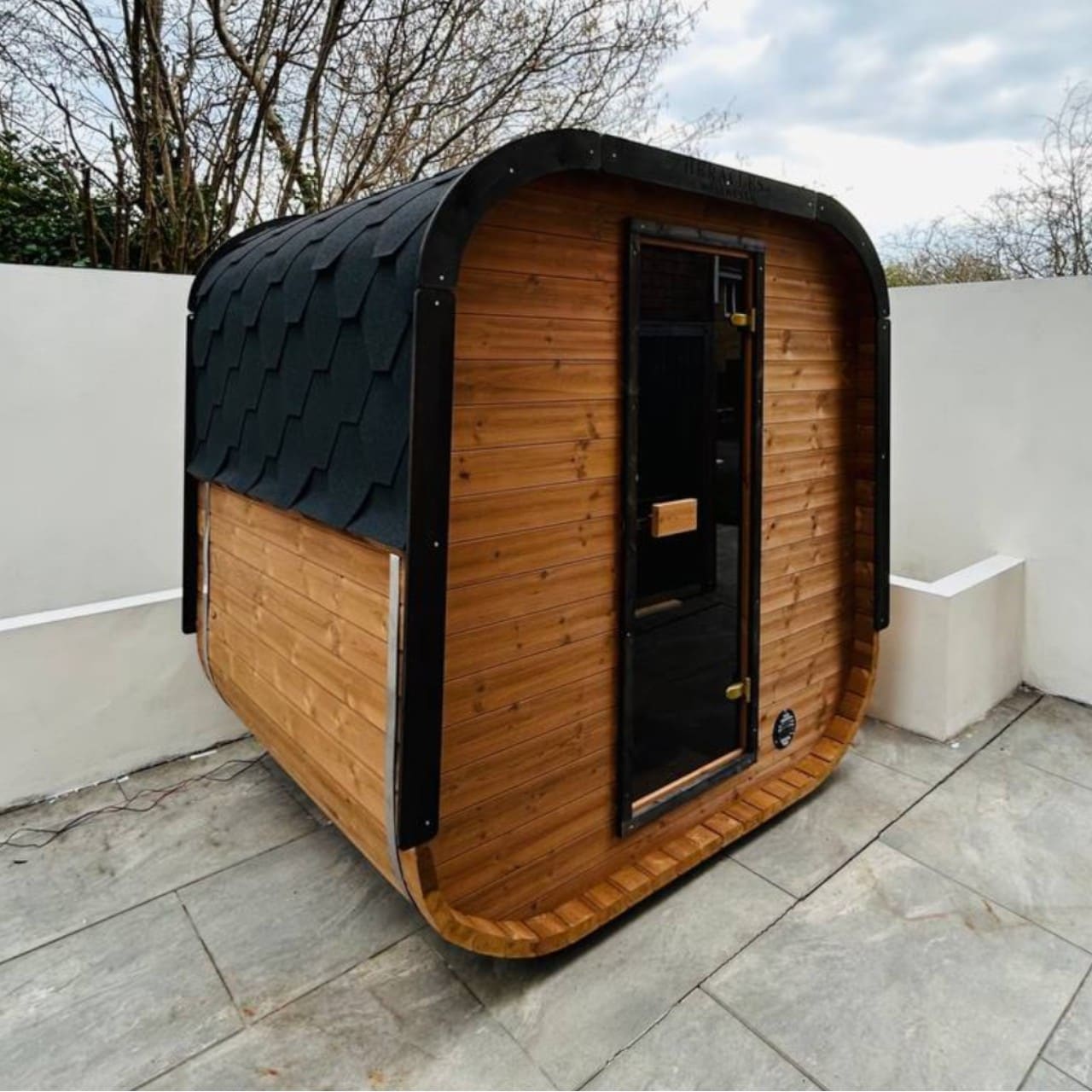
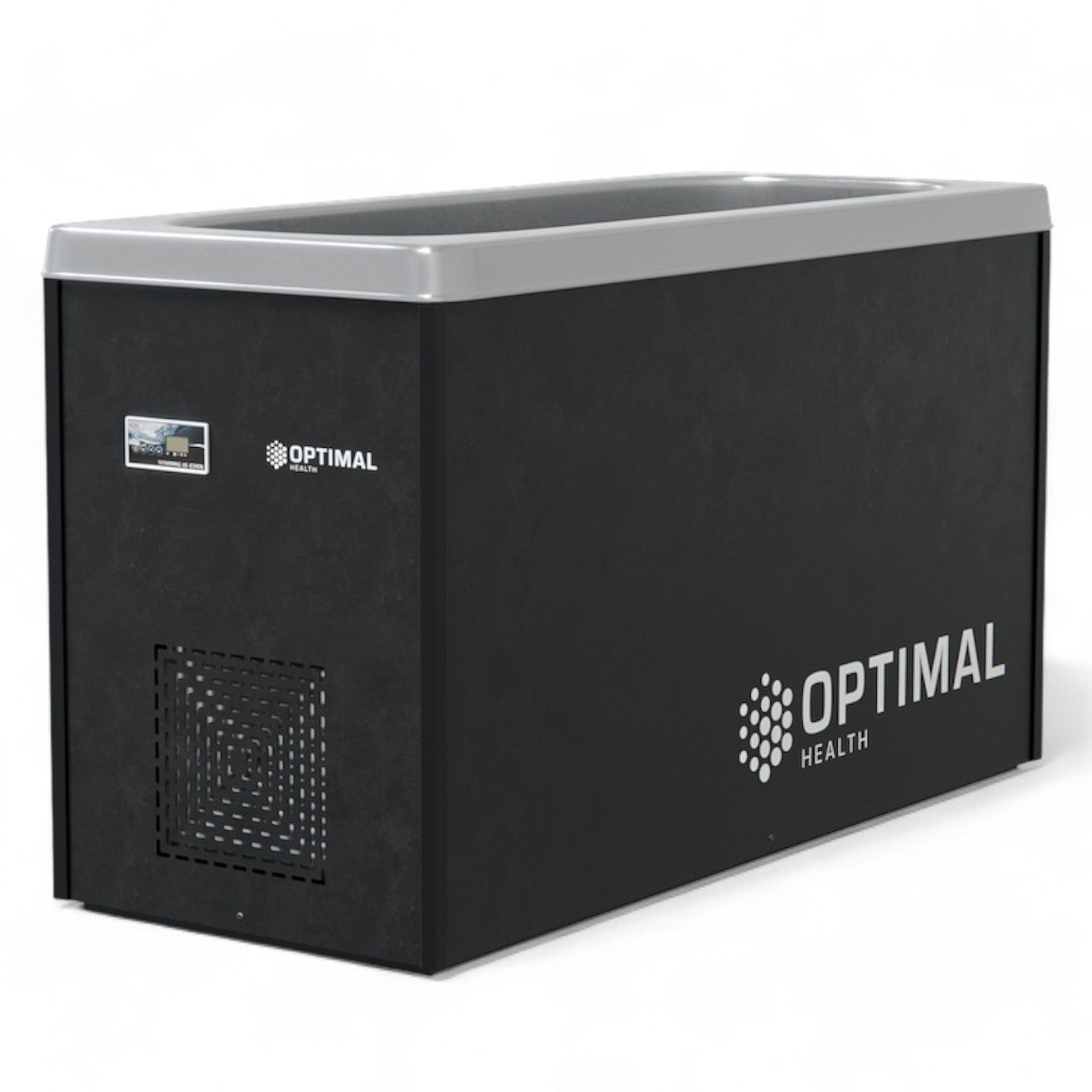

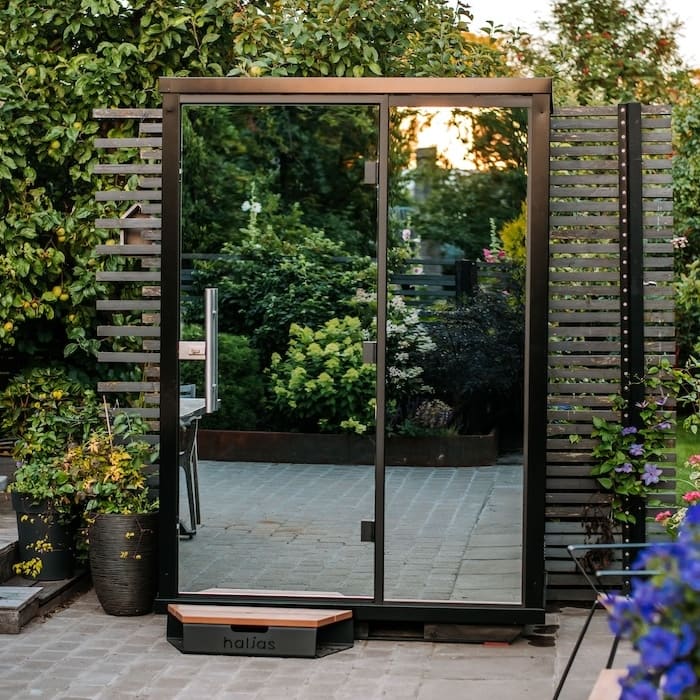
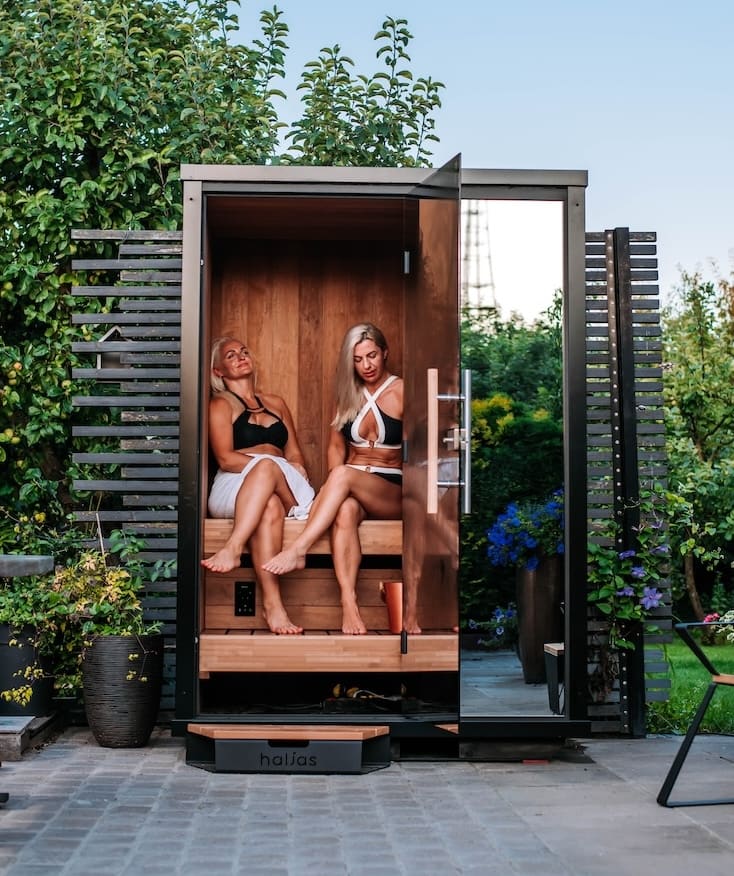



Leave a comment